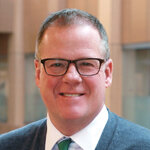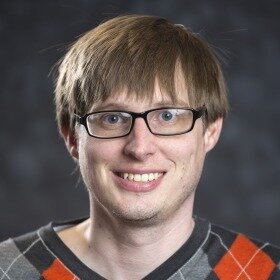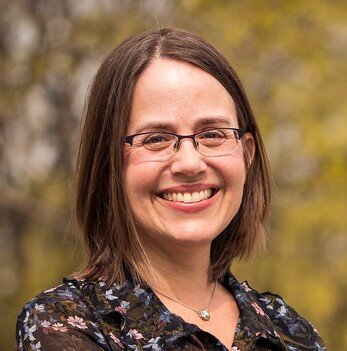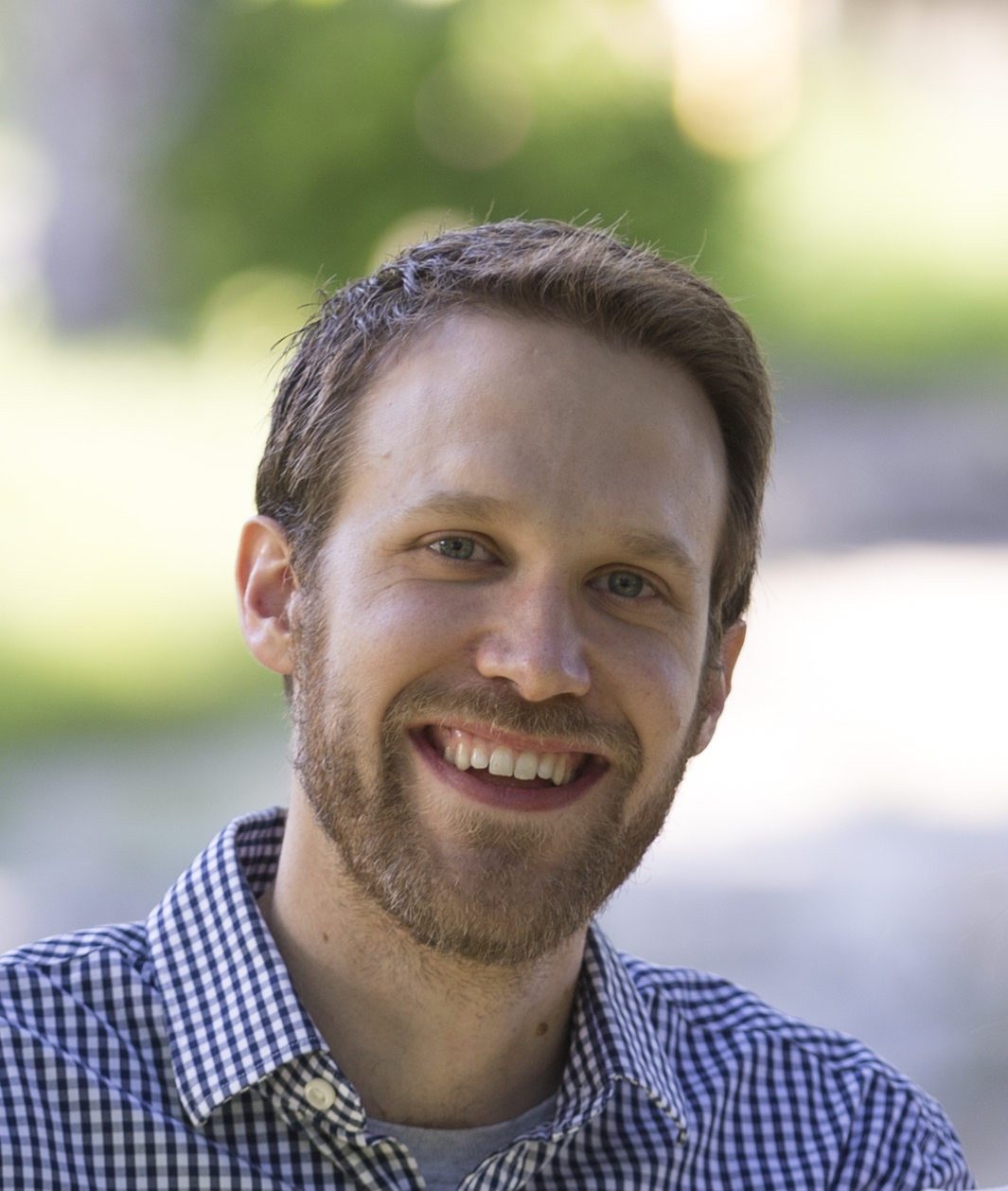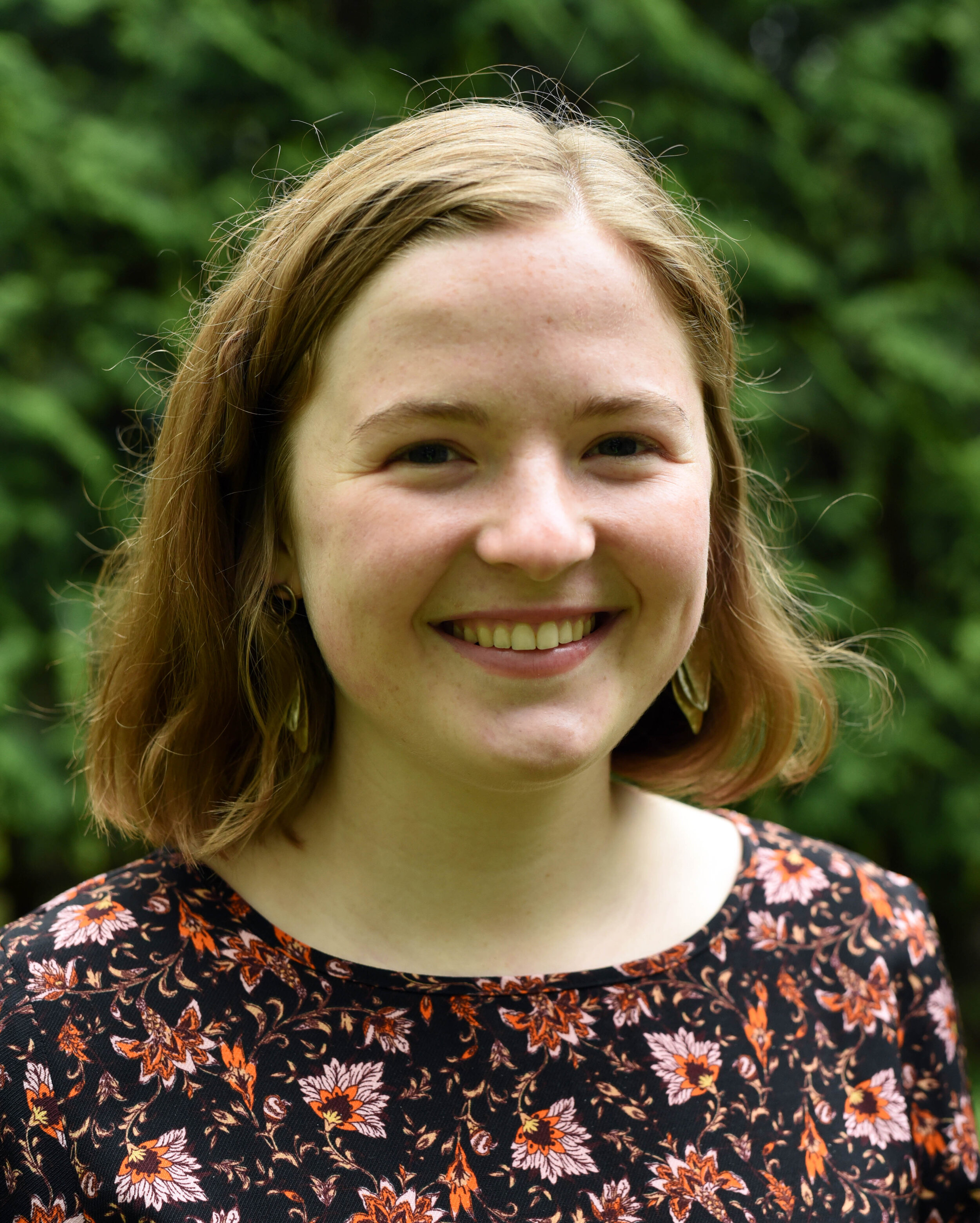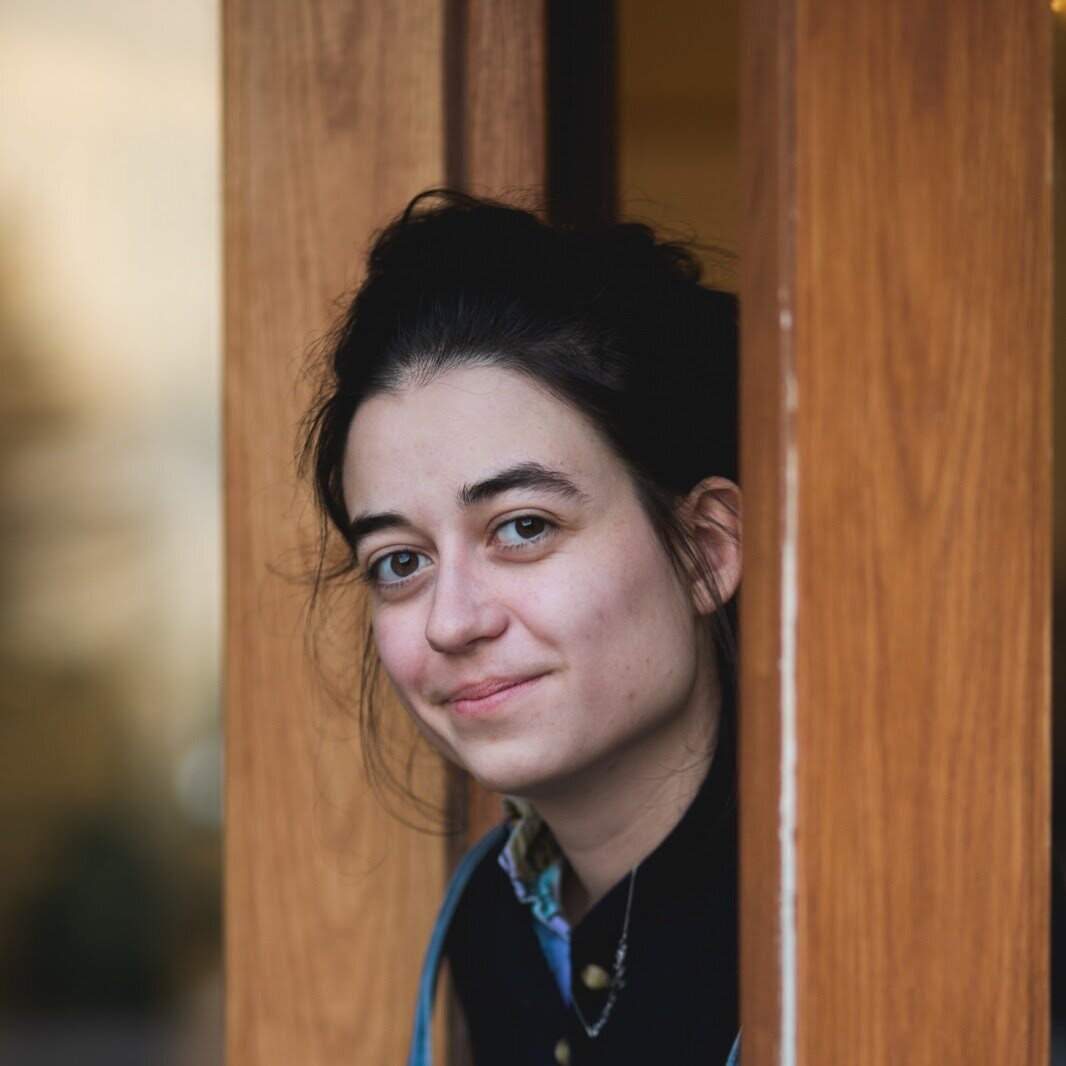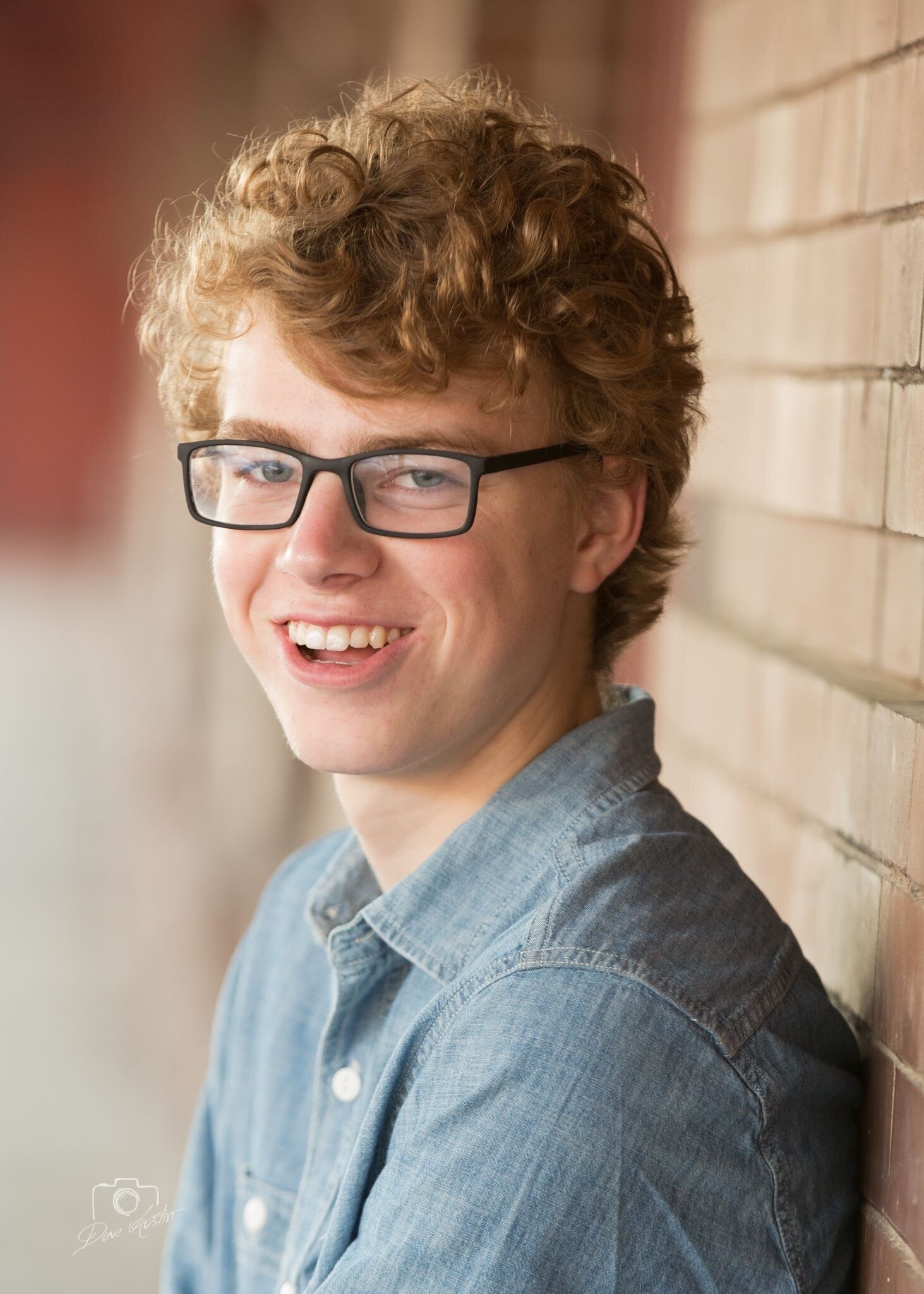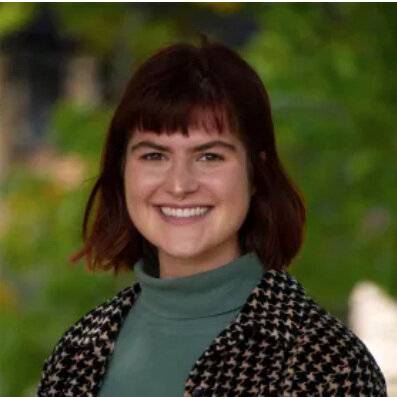Amplifying Justice
Welcome to Amplifying Justice, a new podcast by several undergraduate interns of the Wendland-Cook Program
Episode 5: Community and Economic Values at Small Private Colleges
In the fifth and final episode of Amplifying Justice, Leah explores the economic and community values at small private college institutions like St. Olaf. This episode includes Leah’s conversations with two St. Olaf alums. First she brings on Michael Kyle ’85, the Vice President for Enrollment and College Relations at St. Olaf College. This conversation keys into the differences between community and inclusivity, exploring how these values have changed at the college over time. They also interrogate the economic functioning of the school, what it means to have a need aware financial aid admissions policy, and how this impacts the makeup of the student body. Lastly, they discuss St. Olaf’s Lutheran affiliation and the way students interact with and are impacted by this religious component of a St. Olaf education.
In the second half of the episode, Leah talks with Brad Lindberg ’99, Assistant Vice President of Enrollment at Grinnell College. They discuss the sense of community at both St. Olaf and Grinnell and the importance of creating space for critique and reflection. In particular, Brad shares the values behind Grinnell’s new no-loan initiative—wherein loans in financial aid packages are replaced by grants to eliminate student debt— and how this economic initiative intersects with Grinnell’s values of community and diversity.
Michael Kyle is the Vice President for Enrollment and College Relations at St. Olaf College, and he works to ensure that the admissions team has the direction and resources to advance the division’s strategic priorities. He oversees Admissions, Financial Aid, Marketing and Communications, Broadcast/Media Services, Music Organizations, and Special Events. Before stepping into this position, Michael worked in St. Olaf admissions and financial aid for 10 years, in alumni relations at St. Paul Academy and Summit School for three years, and as gift officer in the Advancement Office at St. Olaf.
Brad Lindberg is the Assistant Vice President for Enrollment at Grinnell College, and he previously served as the Director of Student Financial Aid at Grinnell as well. Brad is particularly focused on affordability, and he aims to help families realize that a private, liberal arts education is financially attainable. Before working at Grinnell, Brad worked various admissions and financial aid roles at both St. Olaf College and Macalester College.
Episode 4: Amplifying Justice in Economics Curricula
St. Olaf College Associate Professor of Economics Ashley Hodgson is the Frank Gery Endowed Chair in Economics.
In the fourth episode of Amplifying Justice, Wendland-Cook intern Zofie Basta discusses the role of economic justice education within undergraduate economics degree programs. Zofie converses with Professor Ashley Hodgson, the Frank Gery Associate Professor of Economics and department chair of economics at St. Olaf College. A healthcare economist, Professor Hodgson discusses the effects of the pandemic on inequality in the American healthcare system as well as how traditional undergraduate economics departments can become more hospitable to students of other disciplines. Zofie and Dr. Hodgson also explore how St. Olaf’s Lutheran identity impacts the department. How can students pursuing careers on Wall Street and other traditionally exploitative fields uphold Lutheranism’s social justice values? Zofie and Dr. Hodgson end the episode on a hesitantly optimistic note, acknowledging the potential for systematic healthcare reform in a post-COVID America while also noting the possibility of worsening inequality within the healthcare system.
Episode 3: Lutheranism at St. Olaf College
In this third episode of Amplifying Justice, Anna talks with St. Olaf alums Dr. Deanna Thompson ’89, the director of the Lutheran Center for Faith, Values, and Community at St. Olaf College, and Dr. Aaron Stauffer ’10, the Louisville Institute Postdoctoral Fellow at Vanderbilt Divinity School in the Wendland-Cook Program. As an ELCA-affiliated institution, St. Olaf aims to “be nourished by Lutheran tradition,” according to its mission statement. At the same time, only 23% of students from the class of 2021 identify as Lutheran, while 33% identify as non-religious. In their conversation, Anna, Deanna, and Aaron explore St. Olaf’s Lutheran identity and the challenges that St. Olaf faces in fostering a religiously inclusive community. They discuss the role of the new Lutheran Center on campus and its goal of articulating an interfaith vision of Lutheranism for the 21st century. They also discuss how Lutheranism is a predominantly white denomination, how white Lutheranism has shaped St. Olaf’s exclusionary “Ole culture,” and how St. Olaf must create a community in which BIPOC students and faculty can fully belong and thrive. Deanna and Aaron also explain how Lutheranism and other Christian denominations can be reclaimed as a movement for justice in an era in which the political right has co-opted Christianity. They end their conversation by sharing their hopes for the Lutheran Center’s continued work and impact on the St. Olaf community.
Mentioned: Rev. Lenny Duncan, and his book “Dear Church: A Love Letter from a Black Preacher to the Whitest Denomination in the U.S.”
Deanna A. Thompson is Martin E. Marty Regents Chair in Religion and the Academy and Director of the Lutheran Center for Faith, Values and Community at St. Olaf. An award-winning teacher and author of five books on topics ranging from Martin Luther and feminism to practicing hope in the face of life-threatening illness, Thompson brings resources from Lutheran tradition to bear on pressing contemporary issues. Before moving to St. Olaf to direct the Lutheran Center in 2019, Thompson was Chair and Professor of Religion at Hamline University, where she taught for over 20 years. When she’s not writing, speaking or teaching, Thompson can be found hiking in a national park with her husband and two adult children.
Aaron Stauffer is the Louisville Institute Postdoctoral Fellow at Vanderbilt Divinity School, working primarily with the Wendland-Cook Program in Religion and Justice. A recent PhD graduate in social ethics at Union Theological Seminary in the city of New York, his dissertation, "Organizing Lived Religious Practices for Power: Sacred Values in Broad-based Community Organizing" focuses on the political role of sacred value in broad-based community organizing.
Episode 2: Worker Cooperatives
In the second episode of Amplify Justice, the Wendland-Cook intern team discusses the work of cooperatives as an alternative economic model. Their discussion is guided by the following question: How can we fight worker inequities formed by traditional markets and organizations? Through discussions of the principles of the cooperative, they explore the ways communities benefit from a model that emphasizes local production, consumption, and distribution. They also explore the connection to faith communities and deep solidarity, discuss God’s position as a worker aligned with the 99% instead of the top 1% and, the historical importance of religious gatherings among slaves and Black congregations in forming communities and establishing cooperative models. The interns share personal experiences of working and shopping at co-ops and, lastly, the benefits and potential pitfalls surrounding consumer-centric institutions. The interns end the episode by asking what a co-op model might look like at a place of higher education like St. Olaf and they ask listeners to consider the impact of such institutions in their own communities.
Sources mentioned:
Unified We are a Force by Joerg Rieger and Rosemarie Henkel-Rieger
Interventions Forum “Cooperatives and Religious Communities”
Episode 1: Welcome to Amplifying Justice!
In the first installment of Amplifying Justice, the Wendland-Cook undergraduate interns introduce themselves and outline their goals for this podcast. Operating with the intersectional approach of the Wendland-Cook Program, they discuss why the convergence of religion and justice is so important in strengthening and organizing marginalized communities. They explore topics of labor, economics, and ecology, as well as the role of religious organizations in applying intersectional justice to these fields.
Through this podcast, the interns hope to grapple with these large concepts in an approachable and digestible fashion. As undergraduate students from St. Olaf College, they lean upon their experiences in this context to explore these larger questions, but they also acknowledge that their work in the field has just begun.
The interns reference two recent publications of the Wendland-Cook program:
First, Dr. Jessica Gordon-Nembhard’s piece in the Cooperatives and Religious Communities Interventions series, “Economic Justice as a necessary component of Racial Justice.”
Second, the recent webinar, “Shifting Power: The Working Majority Transforming Religion and Politics”
Meet the Interns
Anna Barnard (Communications Intern) - Anna is a senior English and Religion major at St. Olaf College with a Women’s and Gender Studies concentration. She is fascinated by the intersection between religion, community, and storytelling and aims to explore and articulate the ways in which humans’ guiding beliefs and stories can help us thrive.
Zofie Basta (Communications Intern) - Zofie is a senior Economics major with a concentration in German Studies at St. Olaf College. In her academic freetime she enjoys studying theology, particularly the role of religion in India, and European Portuguese. She is excited to enrich her economic studies with justice work while at the Wendland-Cook Program, and hopes to advocate for the marginalized in Healthcare Economics or another Economic Justice-related field after graduation.
Dalton Rains (Editorial Intern) Dalton is a junior at St. Olaf College studying English and Political Science. He is interested in the power of religious institutions and labor organizations in shaping community and hopes to pursue a career in journalism after graduation.
Leah Ramsey (Editorial Intern): Leah is a senior English, Religion, and Race & Ethnic Studies major at St. Olaf College. She is interested in the influence of Christianity on society and hopes to continue her studies in religion after graduating from St. Olaf.

